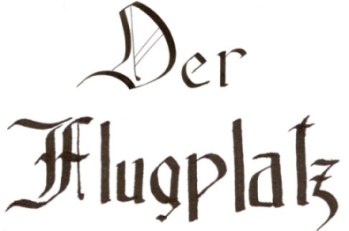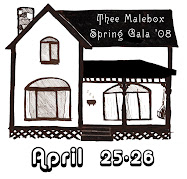Freewrite alert: May infuriate logicians and grammar Nazis.
The books are claiming to be written for teens, kids in middle and high school, and the plots, characters are conflicts are certainly congruent with the stereotype of what that life entails. That's fine. Kids can't jump from The Polar Express to John Donne, it's good to have writing directed at them where they are. The problem comes in with this sense of trying to make those problems (and more importantly the characters' reactions to them) seem normal, acceptable. My roommate Neal is big on the "Is/Aught" fallacy idea, that just because something "is" a certain way doesn't mean that that's how it should be.
This gets back to the discussion I had with Sam about the poet being a creator, having the ability to construct things as they should be instead of just copying what he sees like an unmanned camera just snapping away at proper increments.
I think the problem is that people know that art has this ability and therefore tend to project that onto any and all art. They're expecting to be shown something other than what the world offers, some kind of instruction or alternate view of a situation that offers a better way. So when they see the world carbon copied into a paperback, they accept it as how it "aught" to be, even though the author is simply reproducing the scene.


2 comments:
In what way did Salinger do a more acceptable job at writing a teenage based story?
I suppose you have a comment on this book, as I am still trying to direct some sort of common thoughtline on this surprisingly deep novel. I don't want to think to deeply on something that is not there... kinda like trying to deep sea fish on the Los Pinos... but I do believe that Salinger did strike a cord with the angst and depression a kid (anyone) faces when they finally see through the fallacies of school, class (social), and parental authority. thoughts?
It's been a while since I've read Catcher, but going off of my more recent reads of Franny & Zooey and Nine Stories, Salinger writes more interesting, funny, believable characters. He's just a better writer. Secondly, I don't know if I would classify Catcher as "literature for adolescents." It may be about a teen, but maybe not written for them.
Morally, Salinger at least shows his characters reaping what they sow in his stories. They're (hilariously) awkward, socially inept, and obsessive, and he creates them with enough of a history that you can see where a lifetime of victimizing yourself will land you.
Post a Comment